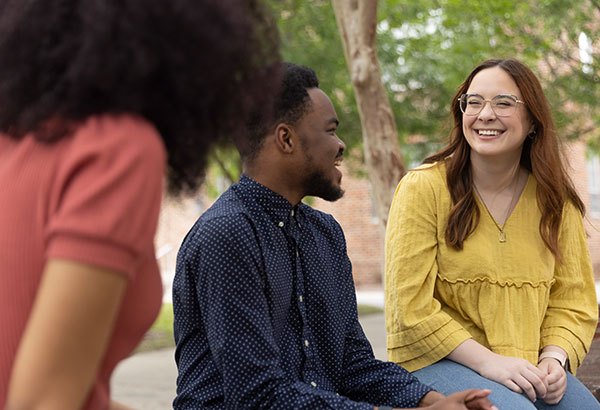Applications for Future City Competition among Louisiana middle schoolers solicited
Tuesday, September 3, 2013
by: Rene Abadie
HAMMOND – Louisiana middle school teams can now register to participate in the state's Future City Competition to be judged early next year at Southeastern Louisiana University.
Teams of sixth, seventh and eighth graders will participate in the National Engineers Week Foundation's 2013-14 Future City Competition, where they are asked to design what future transportation may look like using the simulation program SimCity software, which is provided free to all registered participants.
Louisiana Regional Coordinator Cris Koutsougeras, professor of computer science at Southeastern, said this year's theme for the national competition is "Tomorrow's Transit: Design a Way to Move People in and around Your City."
Deadline to register teams is October 31. For information and school registration, visit www.futurecity.org. Questions can also be directed to Koutsougeras as ck@southeastern.edu.
The Louisiana regional competition will take place Saturday, Saturday, Jan. 25, on Southeastern's campus in Hammond, with the winning team participating in the national competition in Washington, DC, in February. While the program has been around for more than 20 years, this is only the third year the competition has been held in Louisiana.
"Each year, we have seen an increasing number of schools expressing an interest in the competition and entering teams," said Kousougeras. "It is encouraging to see the ingenuity and inventiveness these young people put into their models and presentations."
In addition to school-based teams, Koutsougeras said the competition this year is open to community organizations such as Boy Scouts or Girl Scouts, as long as participants are in line with middle school grades 6 through 8.
"Future City is an ideal opportunity for students, their teachers and volunteer mentors to work together as a team in developing creative solutions to the growing problem of urban transportation," Koutsougeras said. "The demand for creating transportation solutions that are quick, safe, reliable and sustainable has never been more urgent."
Using SimCity software – provided free to registered teams -- the student teams will work with a teacher and volunteer mentor, usually an engineer, to design a virtual Future City model that incorporates their ideas. They will build a physical model using recycled materials that can cost no more than $100 to build.
"Future City engages students in experiential learning involving science and engineering disciplines that encompass their solutions and helps the students learn to identify the steps of the design process," Koutsougeras added. "By participating in this project, the students gain valuable insight into the principles of engineering, science, technology and mathematics that will help equip our future scientists and leaders."
Koutsougeras said Future City is one of many other competitions in which teachers lead student teams and engage them in learning that instills love for the sciences, math, and engineering (STEM).
"The Future City competition calls for the broadest synergy of science and engineering solutions in order to develop practical solutions. This is the kind of learning opportunities parents love to see schools making available to their kids," he added.
The National Engineers Week Foundation works year-round to sustain and grow a strong engineering profession critical to public health, safety and welfare. The Foundation supports engineering outreach, education and celebration through a network of thousands of volunteers in a coalition of more than 100 professional societies, major corporations and government agencies.






